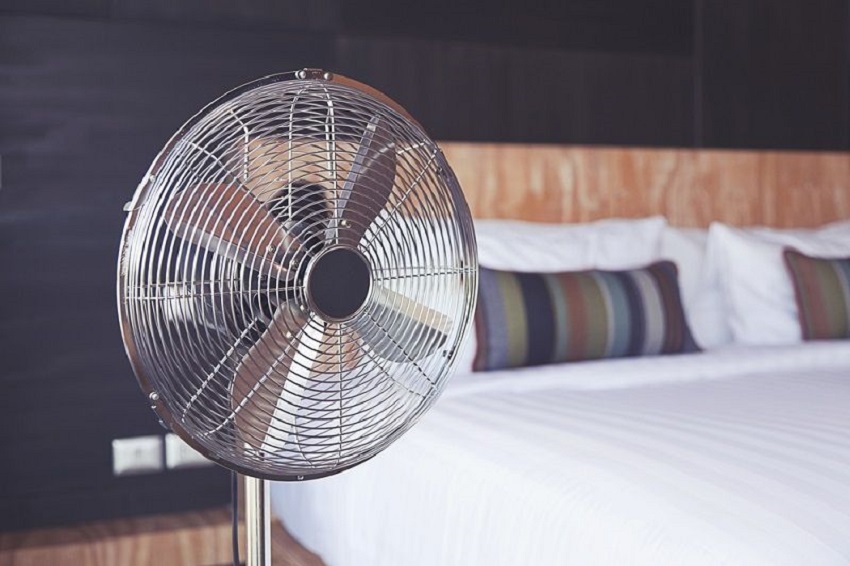For some people, sleeping with a fan is a key element of their nighttime routine. The brisk breeze helps you stay cool and comfortable during the night, not to mention the gentle whirr can wield enough white noise to block out a car horn or snoring bed partner. But is sleeping with a fan on bad for you?
Well, it depends: Sleeping with a fan on is good in some ways, but can be harmful in others. We consulted experts to understand when fans are unsafe and what you can do to change that (including whether you should bid farewell to your favorite fan). The analyses below was curated by experts from https://www.casinous.org/real-money-casinos/.
Congestion
Circulating air from a fan can dry out your mouth, nose, and throat. This could lead to an overproduction of mucus, which may cause headaches, a stuffy nose, sore throat, or even snoring. While a fan won’t make you sick, it may worsen symptoms if you’re already under the weather. You might be able to improve congestion by drinking more water and using a humidifier along with the fan.
Allergies
Fans can circulate dust and pollen in the air, which may trigger allergies in some people. The fan blades themselves are another unwelcome source of dust. If you inhale these allergens, you could experience symptoms, such as runny nose, itchy throat, sneezing, watery eyes, or breathing difficulties.
Dry eyes and skin
The air from a fan can dry out your skin and eyes. Moisturizing your skin and using soothing eye drops may help you avoid these symptoms.
Muscle aches
Concentrated circulating air may cause your muscles to tense up or cramp. In this way, a fan can prompt you to wake up with sore muscles. You can help lessen your chances for developing muscle aches by pointing the fan away so the air doesn’t blow directly on you. Users of best online pokies Australia real money faces this kind of aches when they play games for too long.
It can make you more susceptible to getting sick
When you sleep with a fan frequently, your mucous membranes may dry up. And without the right amount of mucus, you become more vulnerable to getting sick.
To make matters worse, when your mucous membranes dry up and there’s little mucus to moisten the skin, you may also start to get cracks in your nose. These little openings in the skin can become a gateway for bacteria to get in and cause more inflammation.
To add insult to injury, this dry, cracked skin can also cause nasty nosebleeds, he says.
It can spread germs
Not only does sleeping with a fan on weaken your nose’s defenses against possible infection, but it can also spread existing germs. If you share a bedroom with someone who has a cold, a fan will blow some of the viral particles in your direction, Dr. Huh says. In other words, a fan’s current can carry a steady stream of bugs your way while you sleep.











